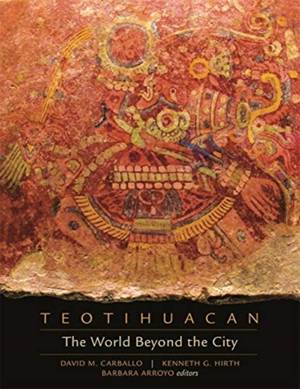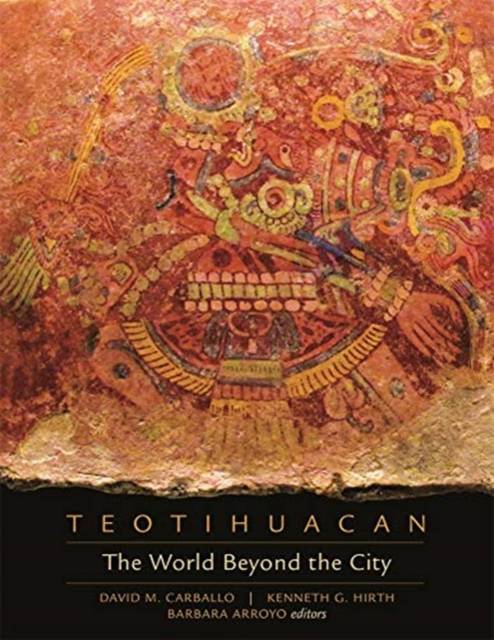
Vous voulez être sûr que vos cadeaux seront sous le sapin de Noël à temps? Nos magasins vous accueillent à bras ouverts. La plupart de nos magasins sont ouverts également les dimanches, vous pouvez vérifier les heures d'ouvertures sur notre site.
- Retrait gratuit dans votre magasin Club
- 7.000.000 titres dans notre catalogue
- Payer en toute sécurité
- Toujours un magasin près de chez vous
Vous voulez être sûr que vos cadeaux seront sous le sapin de Noël à temps? Nos magasins vous accueillent à bras ouverts. La plupart de nos magasins sont ouverts également les dimanches, vous pouvez vérifier les heures d'ouvertures sur notre site.
- Retrait gratuit dans votre magasin Club
- 7.000.0000 titres dans notre catalogue
- Payer en toute sécurité
- Toujours un magasin près de chez vous
Teotihuacan
The World Beyond the City
96,45 €
+ 192 points
Description
Teotihuacan was a city of major importance in the Americas between 1 and 550 CE. As one of only two cities in the New World with a population over one hundred thousand, it developed a network of influence that stretched across Mesoamerica. The size of its urban core, the scale of its monumental architecture, and its singular apartment compounds made Teotihuacan unique among Mesoamerica's urban state societies.
Teotihuacan: The World Beyond the City brings together specialists in art and archaeology to develop a synthetic overview of the urban, political, economic, and religious organization of a key power in Classic-period Mesoamerica. The book provides the first comparative discussion of Teotihuacan's foreign policy with respect to the Central Mexican Highlands, Oaxaca, Veracruz, and the Maya Lowlands and Highlands. Contributors debate whether Teotihuacan's interactions were hegemonic, diplomatic, stylistic, or a combination of these or other social processes. The authors draw on recent investigations and discoveries to update models of Teotihuacan's history, in the process covering various questions about the nature of Teotihuacan's commercial relations, its political structure, its military relationships with outlying areas, the prestige of the city, and the worldview it espoused through both monumental architecture and portable media.Spécifications
Parties prenantes
- Editeur:
Contenu
- Nombre de pages :
- 540
- Langue:
- Anglais
- Collection :
Caractéristiques
- EAN:
- 9780884024675
- Date de parution :
- 07-07-20
- Format:
- Livre relié
- Format numérique:
- Genaaid
- Dimensions :
- 224 mm x 287 mm
- Poids :
- 1882 g






